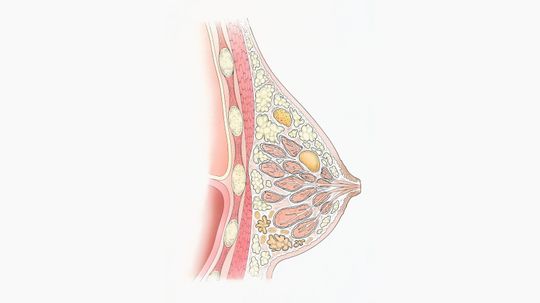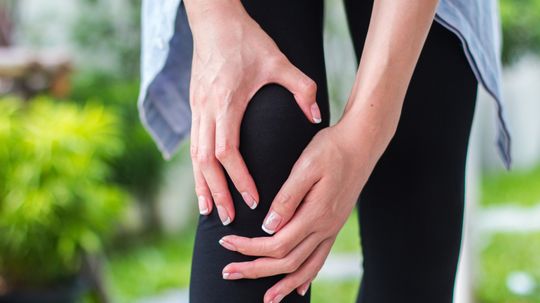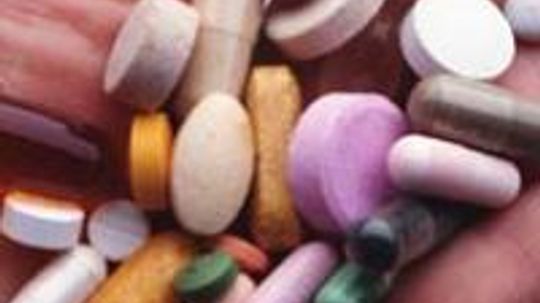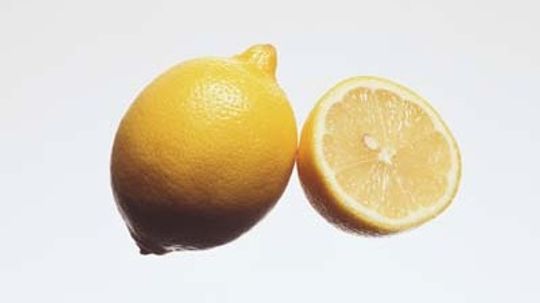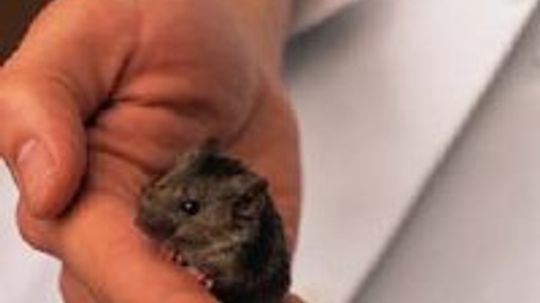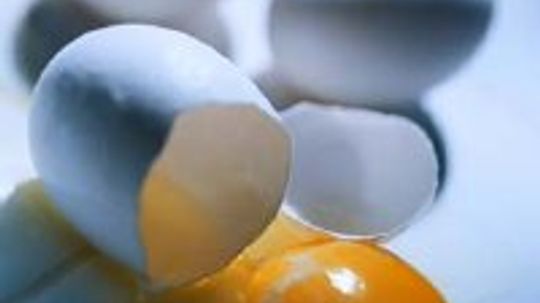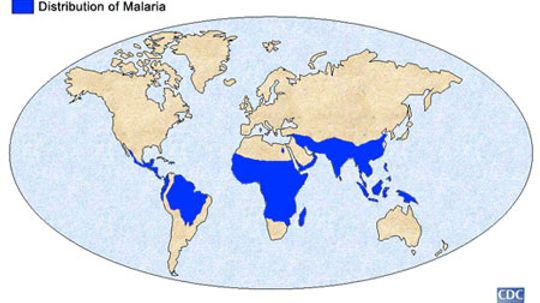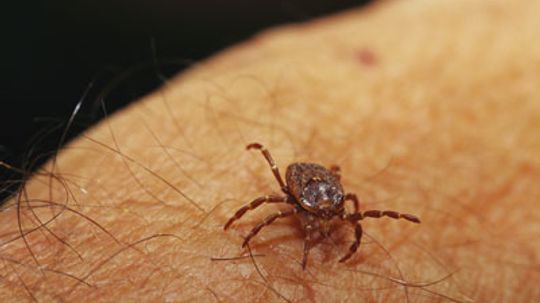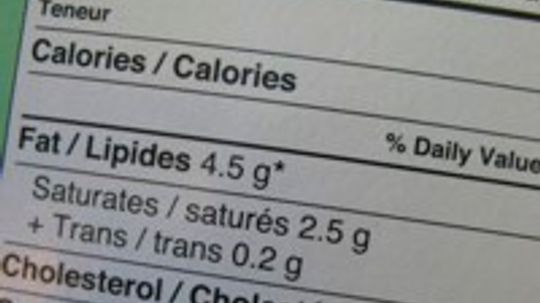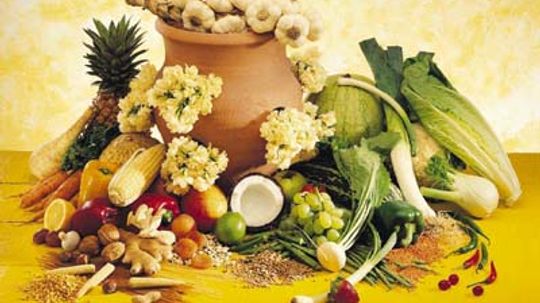Wellness
There are many approaches and countless factors that make up a persons overall wellness. HowStuffWorks has extensive coverage on the different types of natural medicine such as DIY remedies and traditional Chinese medicine.

How to Clean Retainers for Optimal Oral Health
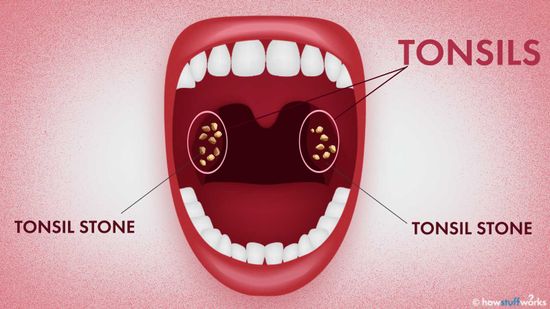
What in the World Are Tonsil Stones?

How Often Should You Replace Your Toothbrush?

Why You May Like Floating in a Sensory Deprivation Tank

Is Cold-Shocking Your Body After a Sauna a Good Idea?
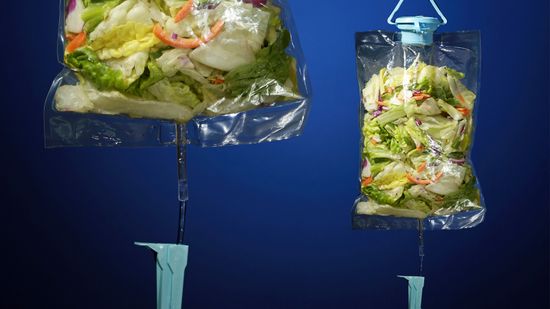
IV Drip Bars Are a Hot Trend, But Are They Safe?

20 Most Obese Countries in the World
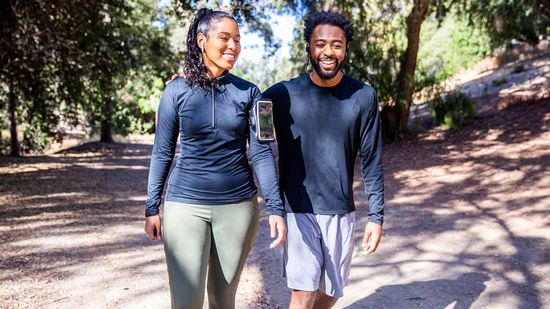
How Many Miles Are In 10,000 Steps?

Are Minimalist Running Shoes the Key to Fewer Injuries?
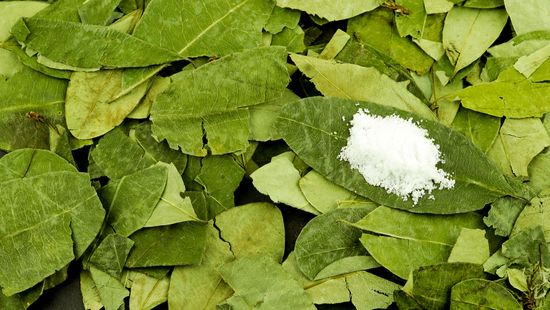
Where Does Cocaine Originate From? All About the Coca Plant

What Are DMT Elves and Who Reports Seeing Them?
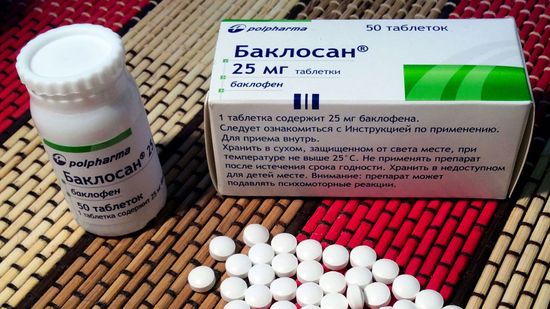
Why Anti-anxiety Drug Phenibut Is So Controversial

The 3 Most Walkable Cities in the U.S. Are on the East Coast

Phthalates Are Everywhere and Scientists Are Worried
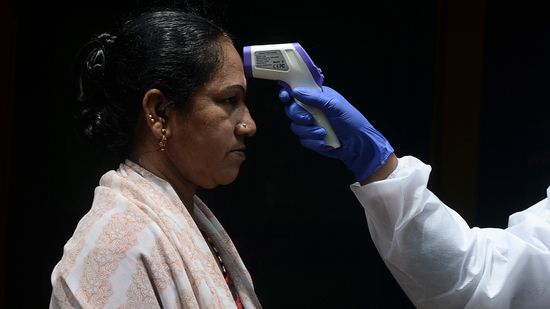
People's Bodies Now Run Cooler Than 'Normal' — Even in the Bolivian Amazon

The Worst Bottled Water Brands Are Basically Filtered Tap Water

10 Types of Magnesium Supplements You Should Know
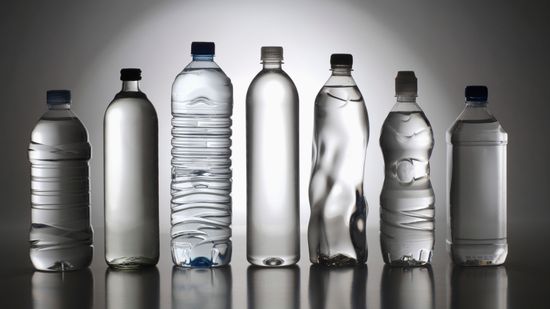
Healthiest Bottled Water: 12 Options Available in Stores

Sound Frequency Healing: The Power of Vibrations for Well-Being
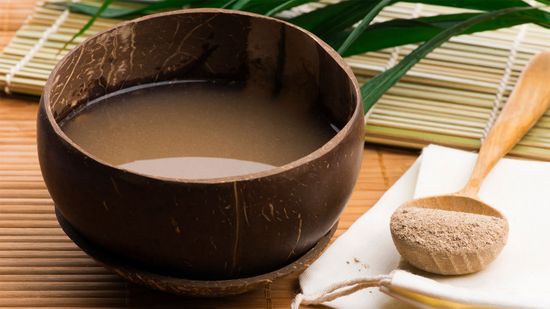
Kava Is Natural and Legal, But Is It Safe?

6 Handy Uses for Witch Hazel

Loud Films and Concerts Don't Have to Permanently Hurt Your Ears
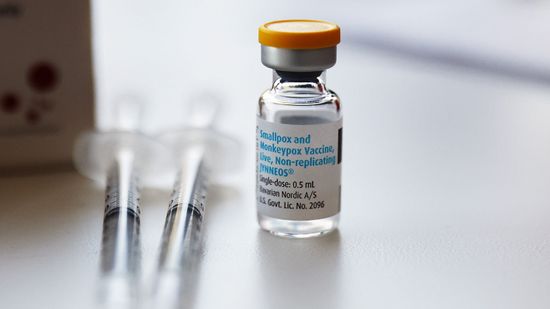
Should Everyone Get a Monkeypox Vaccine?
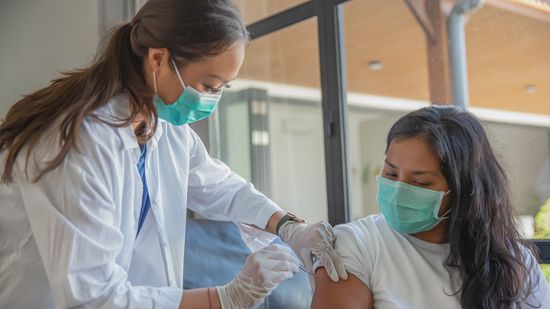
Should You Get a COVID-19 Booster Shot Now or Wait Until Fall?

10 Organizations That Want to Help You Quit Smoking

When did humans start smoking, anyway?

Is it really possible to be a social smoker?

Deepak Chopra Wants Us to 'Let Go and Flow' in 2022
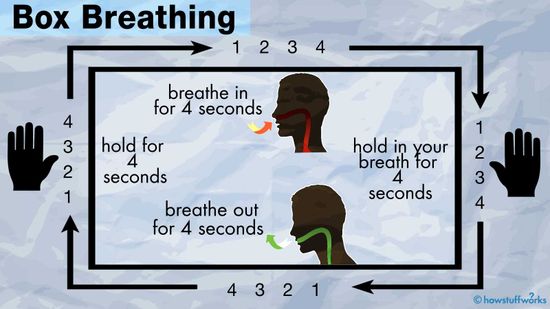
Box Breathing Could Help Curb Your Freak-out Moments

Isolation and Monotony Stress the Brain. Here's How to Cope

Have Most Plastic Surgeons Had Surgery Themselves?

Getting Used to a New You (How to Emotionally Recover from Cosmetic Surgery)

Smart Liposuction Overview

Who Is the Oldest Living Person? And the Oldest to Ever Live?

One in Six Say They'd Rather Die 'Young.' What Age Is That?

Warding Off the 'Retirement Curse'

What Do Pheromones Do to People and Animals?

Man's War With Unwanted Body Hair

Why Aren't There More Patterns in Male Pattern Baldness?

Menstrual Leave: An Idea Whose Time Has Come?

Do Too-tight Jog Bras Impair Breathing?
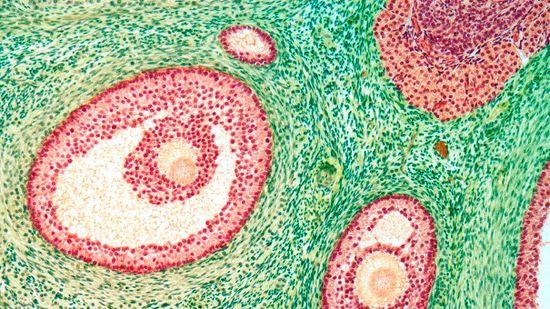
Polycystic Ovary Syndrome on the Brain
Learn More / Page 46
Belching can be embarrassing, but it's the body's natural way of eliminating swallowed air. To reduce belching, simply use these home remedies to reduce the amount of air you swallow.
We all know things can go wrong with teeth. However, the good news is that most dental afflictions are preventable. Learn about the dental disorders that threaten your oral health and how to thwart them.
Of all the health problems that can plague us, those involving our teeth are probably the most preventable. Learn about the few simple habits that are all you need to maintain good oral hygiene.
Advertisement
If your breasts feel lumpy and you have intermittent discomfort, you may have fibrocystic breast disease. Learn about natural home remedies that can ease the symptoms of this uncomfortable disease.
While there is no cure for arthritis, there are home remedies that can help ease arthritis discomfort. Learn 40 practical remedies for relieving arthritis pain.
We all know that vitamins are essential part of a healthy diet, but how much do we really know about these fundamental building blocks of good health? Learn the answers to your vitamin questions.
By Alex Nechas
With Vitamin C so readily available in commonly fruits and vegetables, meeting the recommended daily allowance (RDA) isn't typically an issue. However, there can be dangers to not getting enough vitamin C. Learn about vitamin C deficiency.
Advertisement
If you pop a Vitamin C lozenge at the first sign of a cold, you could be doing more good than you know. While it's usually associated with the treatment of colds, Vitamin C has also been researched in connection with cancer prevention.
Vitamin C is easy to get in most fruits and vegetables, but how much is enough, and can there be too much of a good thing? Learn about where you can get the recommended daily allowance of vitamin C in your diet, and how much is considered safe.
Vitamin B5, or pantothenic acid, is part of coenzyme A, which helps release energy from carbohydrates, fats, and proteins. It also helps in production of red blood cells. Learn more about this essential nutrient.
Vitamin B2, or riboflavin, acts as a coenzyme, helping to metabolize carbohydrates, fats, and proteins in order to provide the body with energy. Find out more about this b-complex vitamin.
Advertisement
Most people don't think about their earaches much, but, when one develops, the affected ear can feel as if it has taken on monster proportions. Learn home remedies for earaches.
By Ivan Oransky
Vitamin B6 is used as a treatment for more than 100 health conditions, and it's found in virtually every food we eat. Learn more about this versatile and plentiful vitamin.
Biotin is not a well-known vitamin, but it's no less vital than the others. It plays a crucial role in metabolism, helping convert our food to energy. Increase your knowledge about this unheralded vitamin.
You use folate every day as your body builds new cells. But how much do you need, and how much is too much? Learn more about this crucial vitamin.
Advertisement
Malaria is curable and preventable. Learn about efforts underway to eradicate malaria and how you can protect yourself when you travel to countries where malaria is common.
By Sherry Kahn
Parasitic infections that are contracted through skin contact or infected bedding, clothing or animals includes body lice, scabies and ticks, and can lead to bumps, rashes, or even Lyme disease. Learn about preventing parasitic infections.
Urinary tract infections (UTIs) are common, but they can be uncomfortable and annoying. Learn the causes, symptoms, and treatment options for bladder infections (cystitis), kidney infections (pyelonephritis), and yeast infections.
When stomach infections strike, you're left feeling like you've been run over by a truck. Learn how to avoid most culinary bacteria with a little awareness and plenty of soap and water.
Advertisement
Any infection that makes it difficult to breathe is no laughing matter. You may be able to prevent most respiratory infections by taking some simple precautions. Follow these tips and you'll be breathing easier for years to come.
In November 2006, a judge's ruling on an elderly man convicted of vehicular manslaughter raised questions about seniors being safe drivers.
By Julia Layton
You might not want to talk about them, but sexually transmitted diseases can be extremely dangerous to your health. Keep your private parts working their best by finding out more about STDs here.
It's hard to put your best face forward when it's covered in sores, or when it feels like your throat is being attacked with tiny knives. Learn about some of the most common throat infections.
Advertisement
Ever wonder whether or not you're eating right? Balancing carb and protein intake, drinking enough water and finding out what supplements you may need are important elements to leading a healthy lifestyle. Learn how nutrition works.
Your diet is very important during pregnancy. The baby's health depends on your gaining the right amount of weight, eating nutritional foods and avoiding drugs that will harm the child. Read about pregnancy nutrition guidelines.



